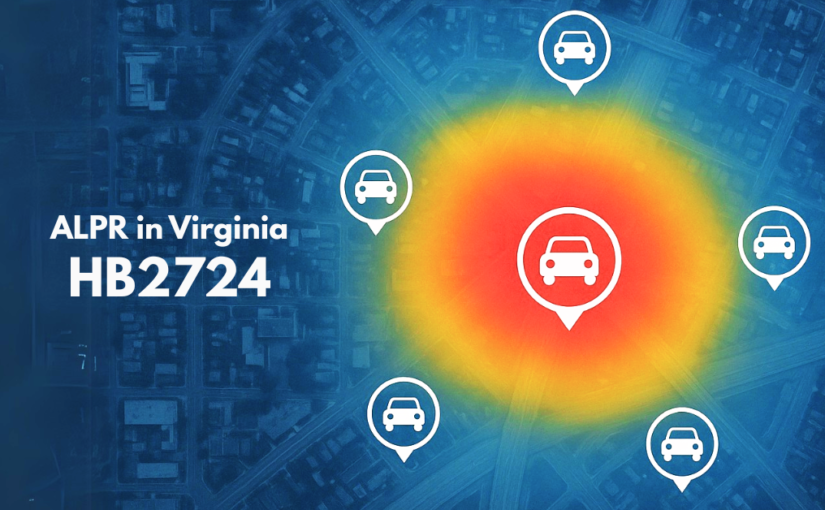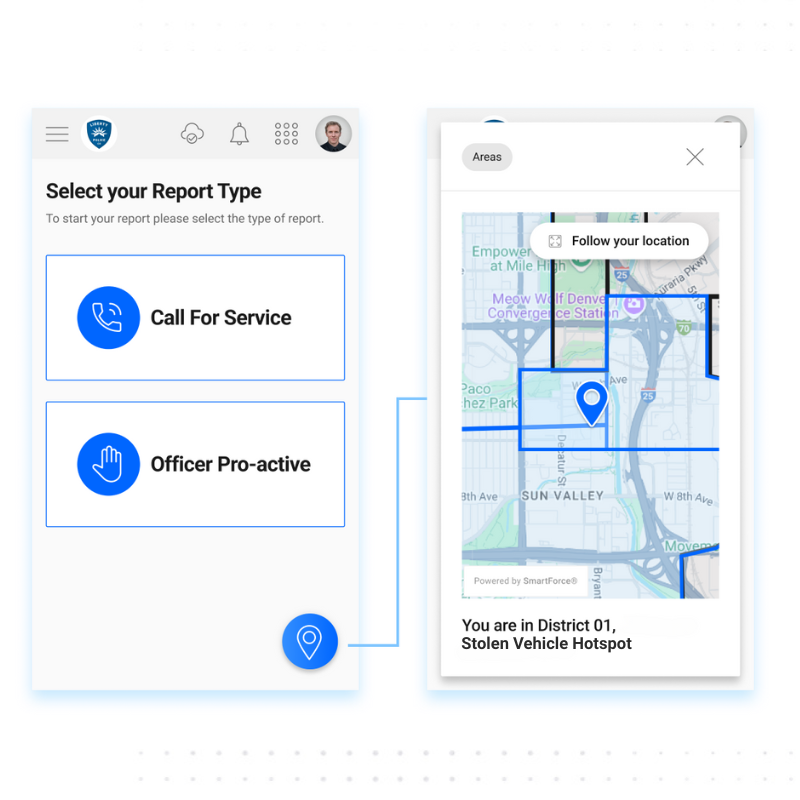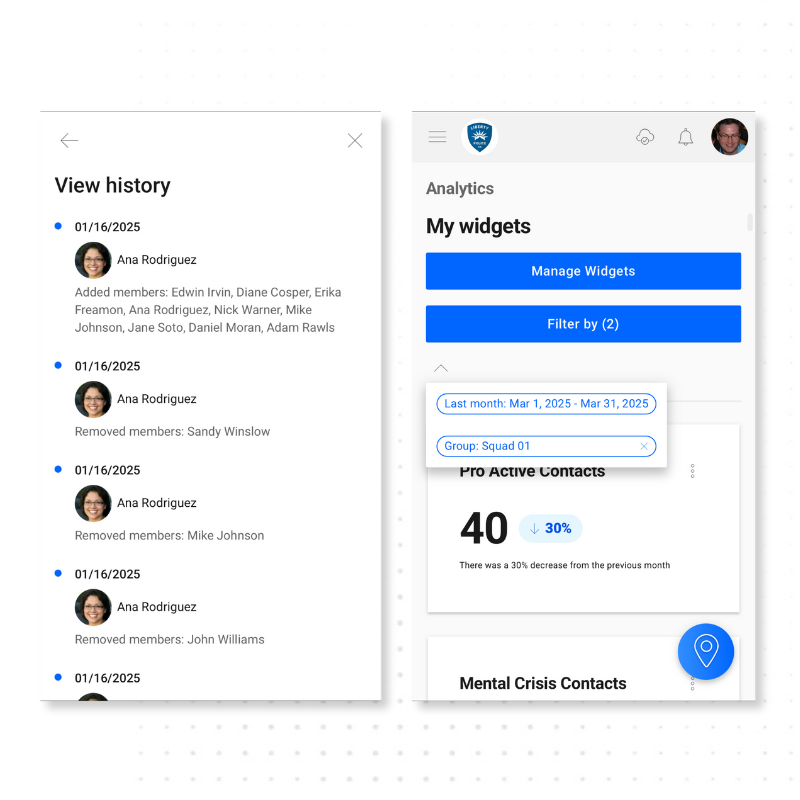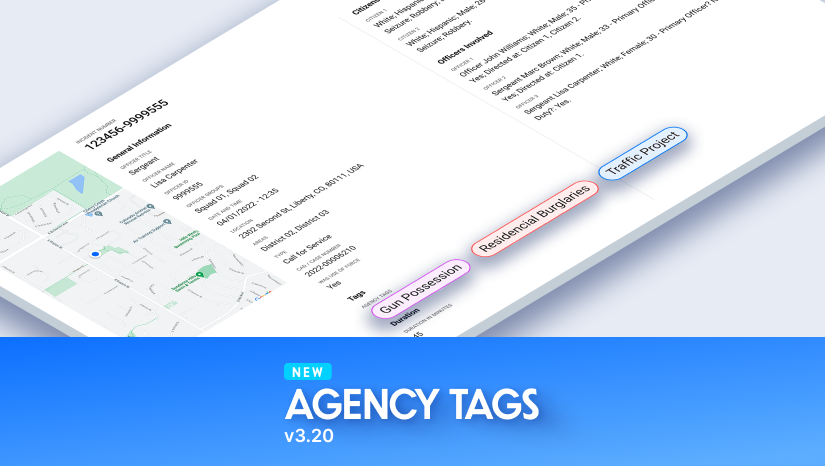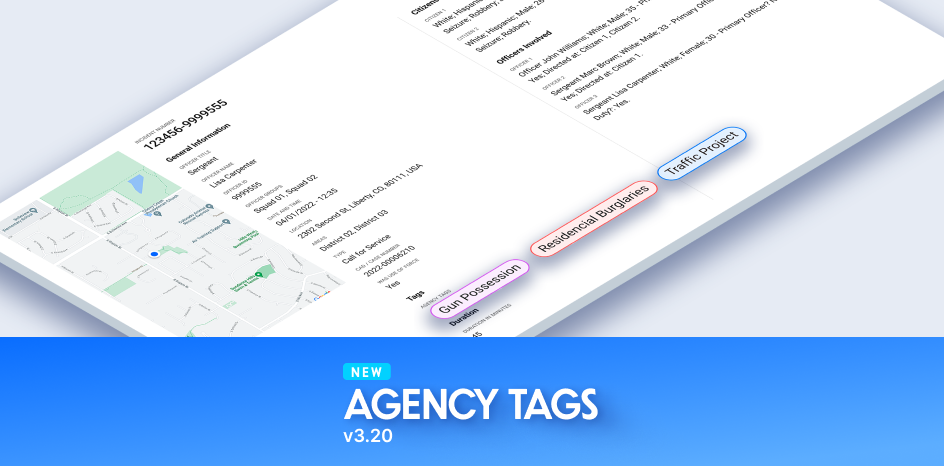Nestled in Colorado’s Rocky Mountains, Idaho Springs is a historic mining town of about 1,700 residents, drawing tourists for its scenic beauty and proximity to Denver. The Idaho Springs Police Department (ISPD) serves this tight-knit community, balancing public safety with limited resources. To meet modern policing demands, ISPD sought efficient solutions for stop data compliance and community engagement, leading to their adoption of CitizenContact.
For the Idaho Springs Police Department (ISPD), complying with Colorado’s SB 20-217 stop data mandates was a persistent challenge. The agency struggled to collect stop data effectively, missing opportunities to gain valuable policing insights. Enter CitizenContact®, a game-changing solution that streamlined compliance, empowered officers, and delivered actionable analytics. Here’s how ISPD transformed stop data collection into a strategic asset, offering a model for agencies collecting and reporting stop and contact data.
The Compliance Challenge
Before CitizenContact, ISPD relied on its computer-aided dispatch (CAD) system to collect stop and contact data—a process fraught with issues. Submissions to Colorado’s state portal frequently triggered errors, requiring time-consuming fixes. Supervisors spent a lot of time data mining. Agencies navigating SB 20-217 may face similar challenges with stop data collection. While CAD systems are essential for dispatching, they weren’t designed for efficient stop and contact data reporting, leaving ISPD searching for a better solution.
CitizenContact’s Compliance Solution
CitizenContact transformed ISPD’s approach to compliance. Officers now log stop and contact data in just 60 seconds using their smartphones, even those less comfortable with technology. The intuitive interface eliminates complexity, ensuring accurate reporting without disrupting workflows. Monthly submissions to the state portal are seamless: a drag-and-drop process delivers zero errors, saving hours. “CitizenContact made compliance effortless,” says Sgt. Sonnenberg of ISPD. By simplifying data collection, CitizenContact frees the agency to focus on public safety efforts.
Beyond Compliance—Strategic Impact
CitizenContact’s value extends far beyond compliance, offering insights that enhance policing and leadership. Supervisors access real-time analytics to review officer performance, filter traffic stops by month, and monitor proactive policing efforts. These metrics help ISPD allocate resources effectively. ISPD also tracks high-visibility traffic enforcement initiatives with CitizenContact’s analytics, streamlining grant reporting to the state and monitoring performance. ISPD leverages CitizenContact’s analytics to deliver transparent council reports, fostering a shared understanding of policing and strengthening community trust. ISPD plans to leverage CitizenContact’s Tags feature to track automated license plate recognition (ALPR) hits, enabling evidence-based decisions to justify investments like additional cameras. Transparent data strengthens ISPD’s community relationships, aligning with modern policing priorities.
A Model for Agencies
CitizenContact transformed ISPD’s compliance burden into a strategic asset, delivering efficiency, insights, and trust. For agencies grappling with stop data mandates, ISPD’s success offers a clear path forward. By simplifying reporting, eliminating errors, and providing analytics, CitizenContact empowers departments to meet legislative requirements and elevate their impact. Ready to simplify compliance like ISPD? Contact SmartForce® for more information and a demo.


